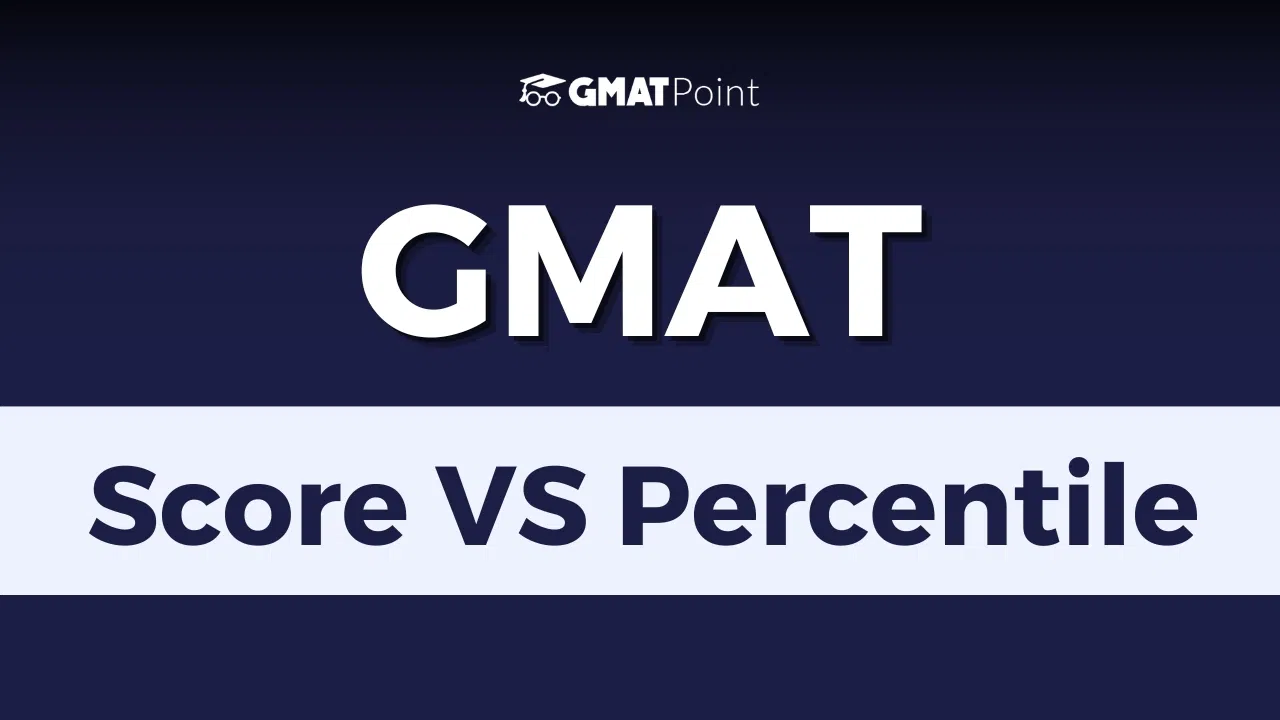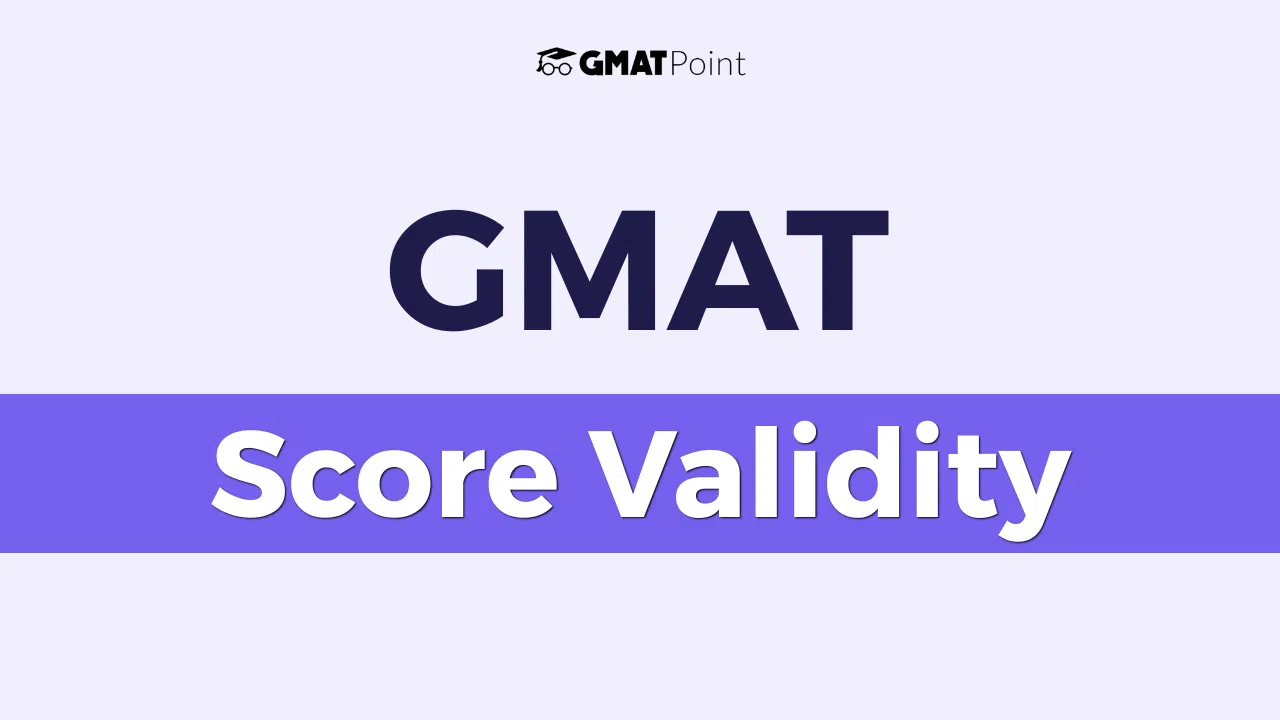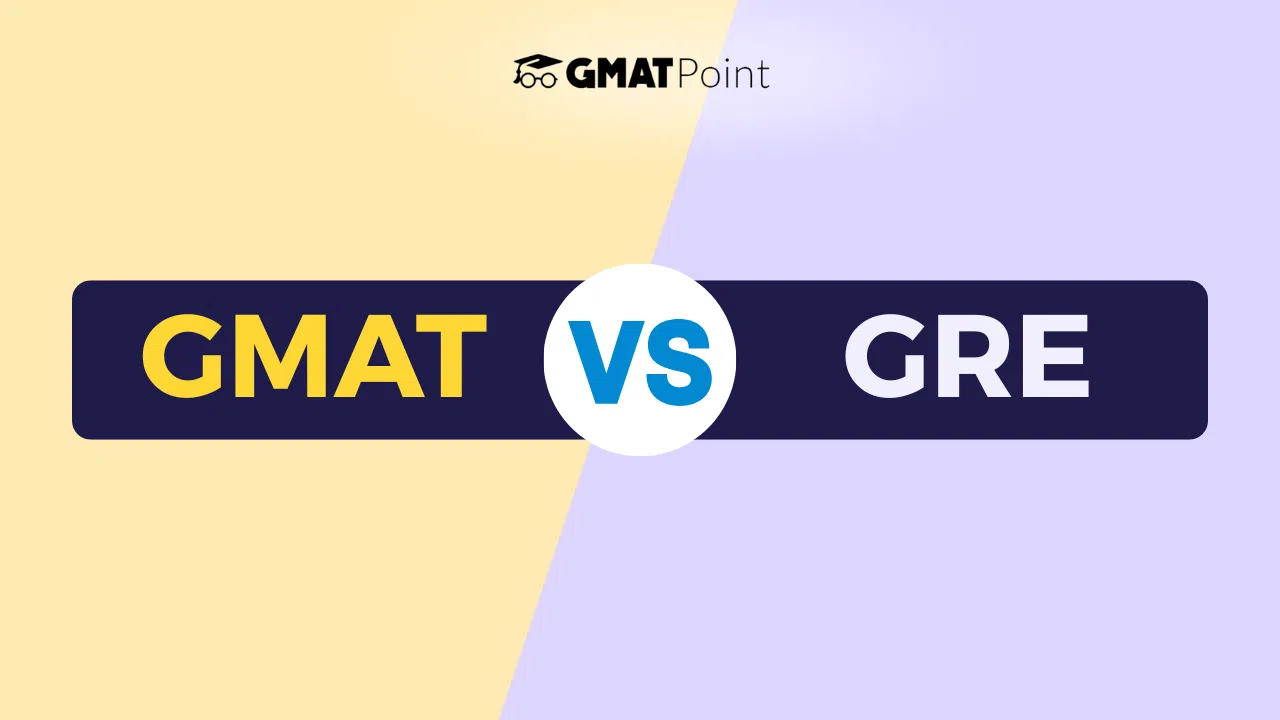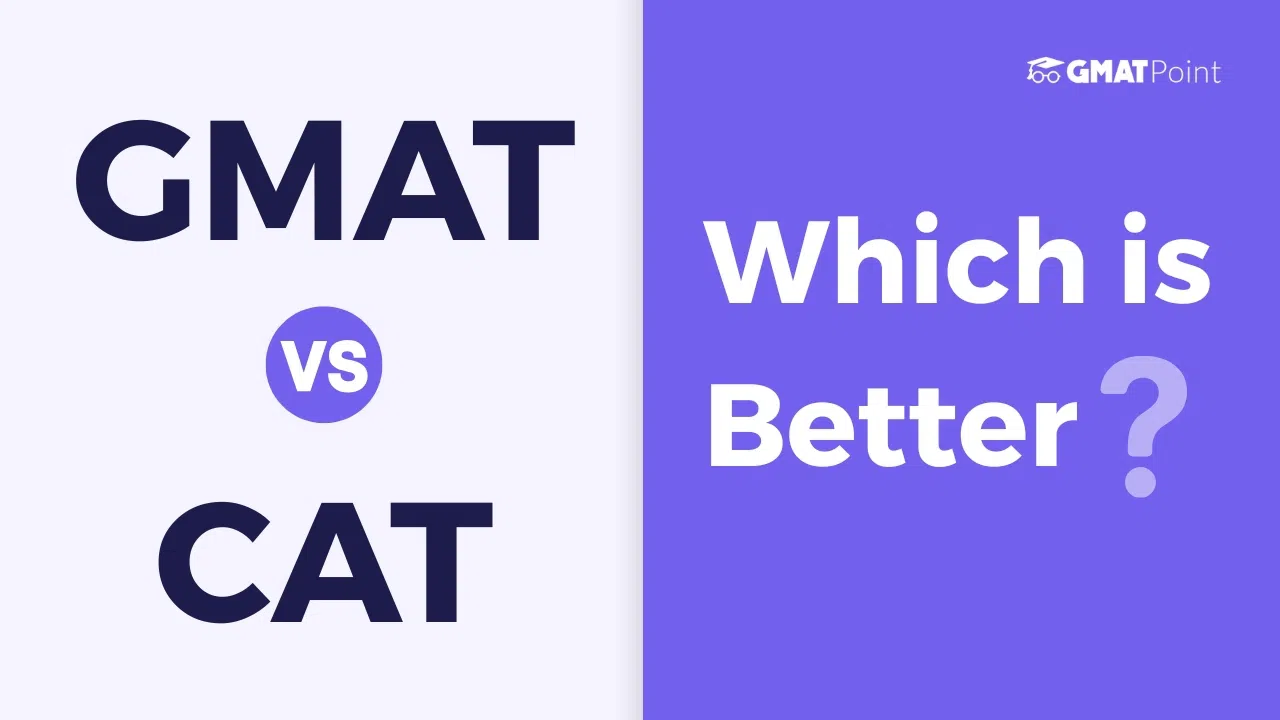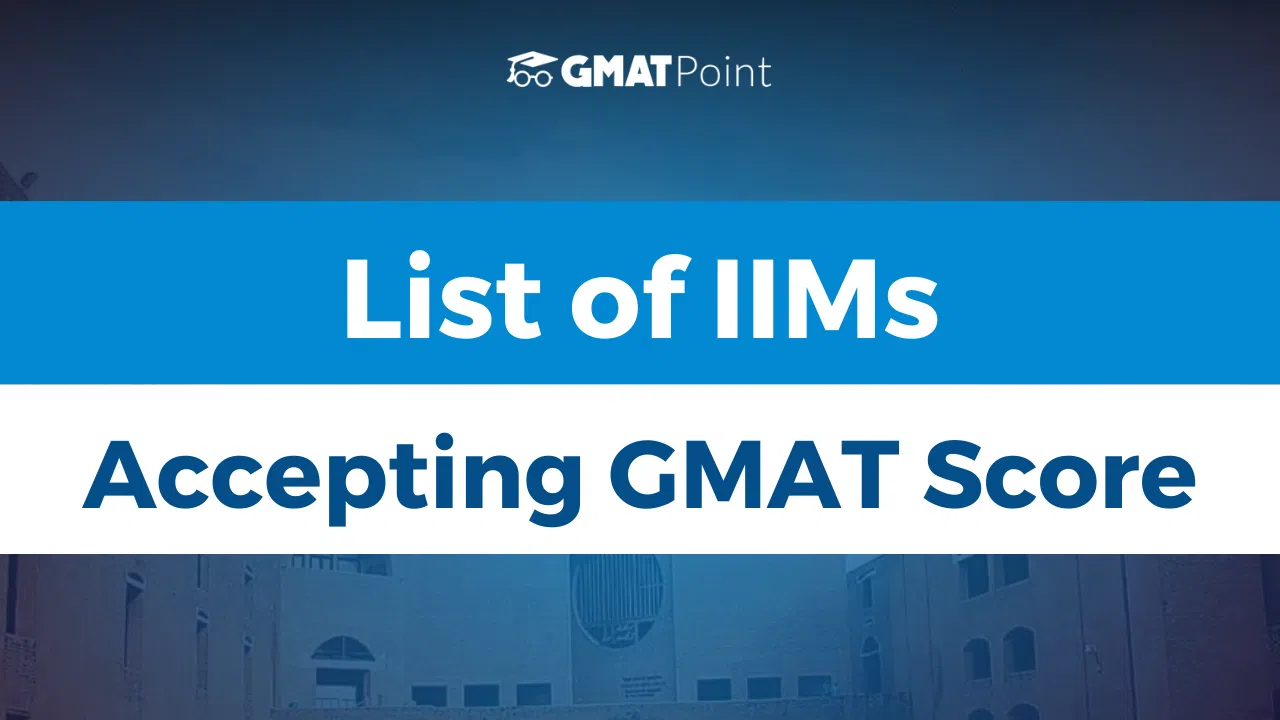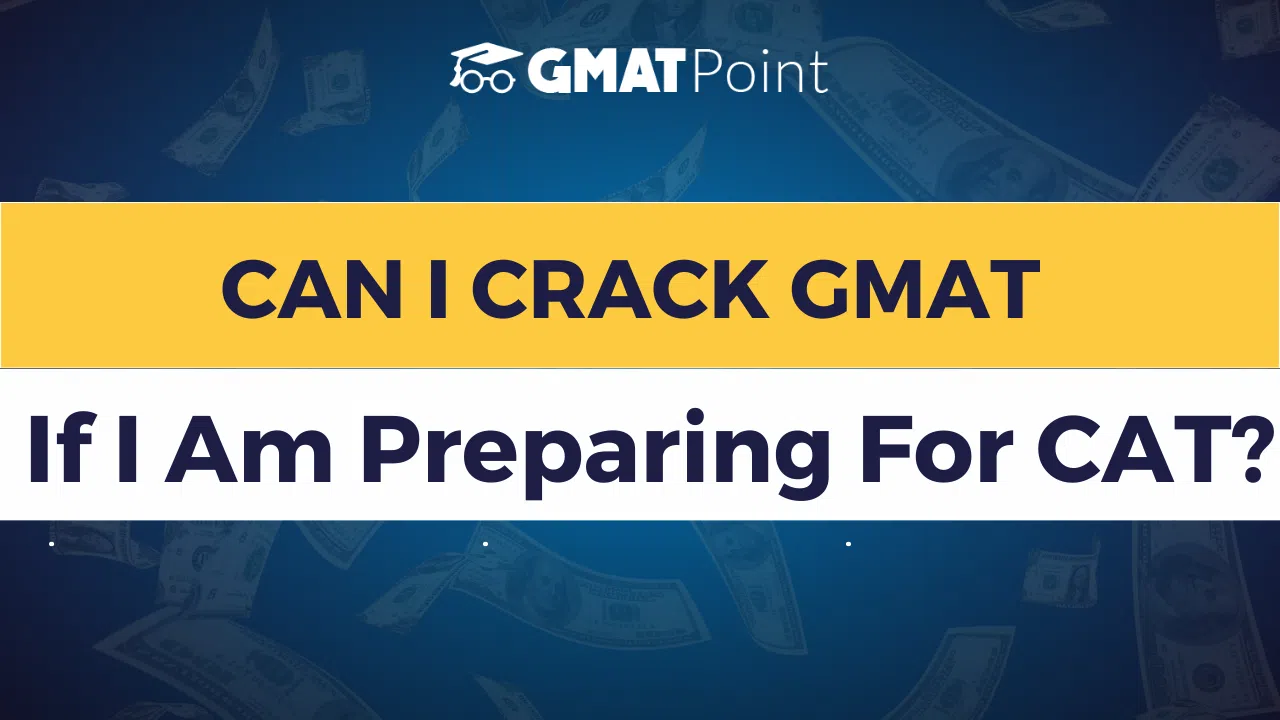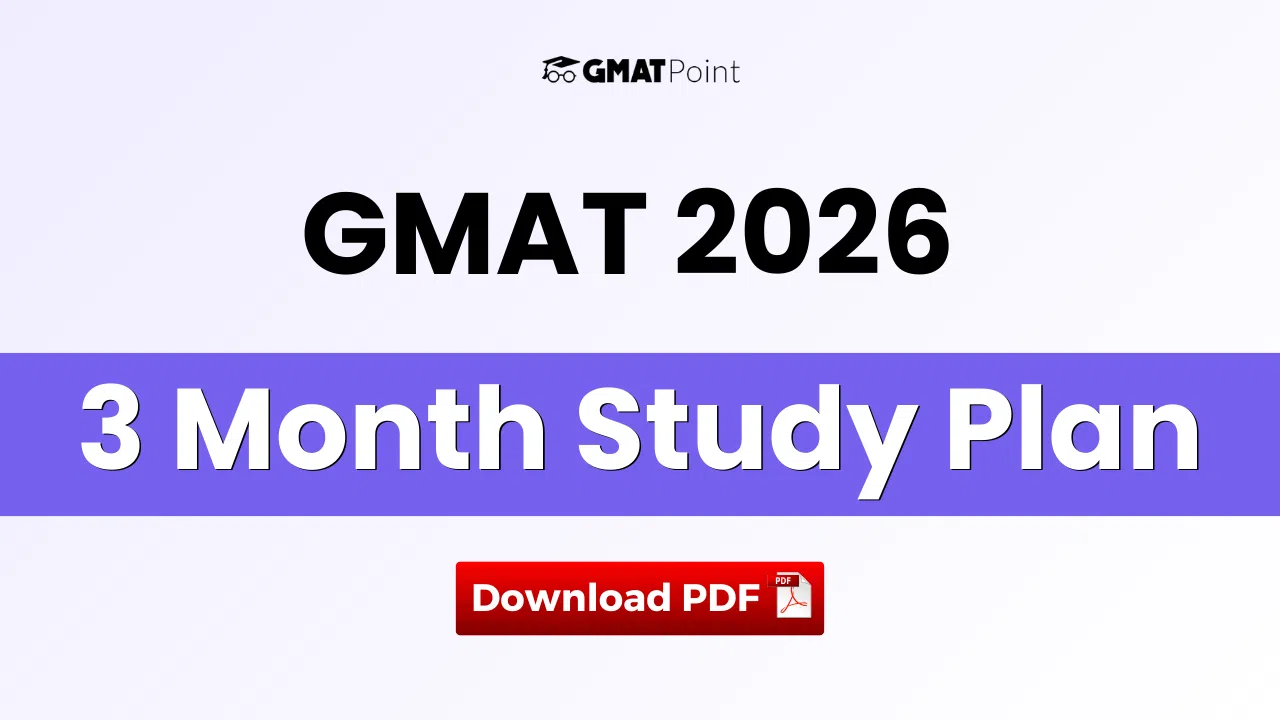The GMAT Score Vs Percentile is a crucial hurdle for aspiring business school students. The GMAT Exam assesses your quantitative, verbal, integrated reasoning, and analytical writing skills. While achieving a high score is ideal, understanding how your score translates into percentiles is equally important.
This guide will delve into the relationship between GMAT score vs percentiles, equipping you to interpret your results effectively. This guide will also be helpful for those who are aiming for a high score in GMAT Exam.
GMAT Scoring System
The GMAT is computer-adaptive, meaning the difficulty of questions adjusts based on your performance. Earlier the scores used to range from 200 to 800 for the total score.
The GMAT scoring system changed between editions. The new scale (205-805) helps differentiate scores better due to a more diverse test-taker population. Don't be discouraged by a seemingly lower score on the new GMAT focus edition - a 645 is the equivalent of the old 700 (89th percentile) and reflects the same level of performance. Business schools understand this and focus on percentiles.
The scoring algorithm assigns a weight to each question you answer correctly, and these weights determine your final score.
GMAT Score VS Percentile: Understanding Your Standing
The GMAT percentiles indicate how your score compares to other test-takers. A percentile of 80 means you scored higher than 80% of test-takers in that particular year. The percentiles are updated every year by the Graduate Management Admission Council (GMAC), the test administrator.
Here's how to interpret percentiles:
- Higher percentile (80th and above): A strong score, competitive for top business schools.
- Mid-range percentile (50th-79th): A decent score, but competitiveness depends on the program's average GMAT range.
- Lower percentile (49th and below): May require a stronger application profile to compensate for the GMAT score.
Remember: Percentiles can fluctuate slightly year-to-year. Focus on achieving a score that aligns with your target schools' average GMAT range.
Score | Percentile Ranking |
805 | 100% |
755 | 100% |
705 | 98% |
655 | 91% |
605 | 70% |
555 | 48% |
505 | 27% |
455 | 15% |
405 | 7% |
355 | 3% |
305 | 1% |
255 | 0% |
205 | 0% |
GMAT Section-wise Score & Percentile
The GMAT exam, designed for business school applicants, now consists of three main sections:
- Quantitative Reasoning: This 45-minute section tests your math skills with 21 questions. It covers areas like algebra, geometry, and data analysis, focusing on problem-solving and interpreting quantitative information.
- Verbal Reasoning: This section also lasts 45 minutes and includes 23 questions. It assesses your reading comprehension, critical reasoning, and ability to analyze written text. You'll encounter reading passages followed by questions that test your understanding and analysis of the content.
- Data Insights: This new 45-minute section with 20 questions focuses on your ability to interpret and analyze data presented in various formats like graphs, tables, and charts. You'll need to draw conclusions and answer questions based on the information provided.
| Quantitative Reasoning | Verbal Reasoning Score | Data Insights Score | PERCENTILE |
|---|---|---|---|
| 90 | 89 | 90 | 100% |
| 89.9 | 87 | 85 | 99% |
| 84 | 83 | 80 | 86% |
| 78 | 79 | 75 | 51% |
| 73 | 76 | 70 | 24% |
| 68 | 73 | 65 | 10% |
| 65 | 70 | 60 | 4% |
Also Take Free GMAT Practice Tests
Benefits of Knowing Your GMAT Score vs Percentile
Understanding your GMAT percentile offers valuable insights:
- Gauges your competitiveness: Percentiles help you assess how your score stacks up against other applicants, giving you a realistic idea of your chances for admission.
- Informs strategic application decisions: If your percentile falls below your target schools' average, you can focus on strengthening other aspects of your application, such as essays or work experience.
- Sets score goals: Percentiles help you set realistic and achievable score targets based on your desired schools.
GMAT Score and Percentile Comparison Resources
The GMAC website offers an official score interpretation tool that allows you to input your score and see the corresponding percentile. Additionally, many GMAT prep providers offer resources with historical score percentiles. Utilize these tools to understand how your target score translates into percentiles.
Conclusion
While achieving a high GMAT score is important, business schools consider your entire application package. A strong academic record, relevant work experience, compelling essays, and leadership qualities all contribute to your candidacy.
Use your GMAT score vs percentile as a benchmark, but don't let it define your application. Focus on showcasing your well-rounded profile and passion for business to secure your admission to your dream program.
For those aiming to conquer the GMAT and achieve their target percentiles, look no further than Cracku. Our comprehensive prep materials, personalized study plans, and expert guidance will equip you with the tools and knowledge to succeed. Visit Cracku today and take the first step towards your dream business school!
Also Take Free GMAT Daily Targets
GMAT Score vs Percentile FAQs
Is a higher GMAT score always better?
Yes, a higher score generally translates to a higher percentile, which can make you more competitive for top business schools. However, business schools consider your entire application, so a well-rounded profile with a good GMAT score is ideal.
How much does the average GMAT score for a school matter?
The average GMAT score of a school indicates the typical range of admitted students. Aiming for a score at or above this average can improve your chances of admission.
How often are GMAT percentiles updated?
GMAC updates percentiles every three years. While slight fluctuations might occur year-to-year, focus on achieving a score that aligns with your target schools' historical average range.
What resources can I use to compare my GMAT score to percentiles?
The GMAC website offers an official score interpretation tool. Additionally, many GMAT prep providers offer charts with historical score percentiles. Utilize these tools to understand your score's percentile standing.
I scored lower than expected on the GMAT. What can I do?
First, analyze your score report to identify areas for improvement. Consider retaking the GMAT if necessary. Additionally, focus on strengthening other application elements like essays and work experience.
